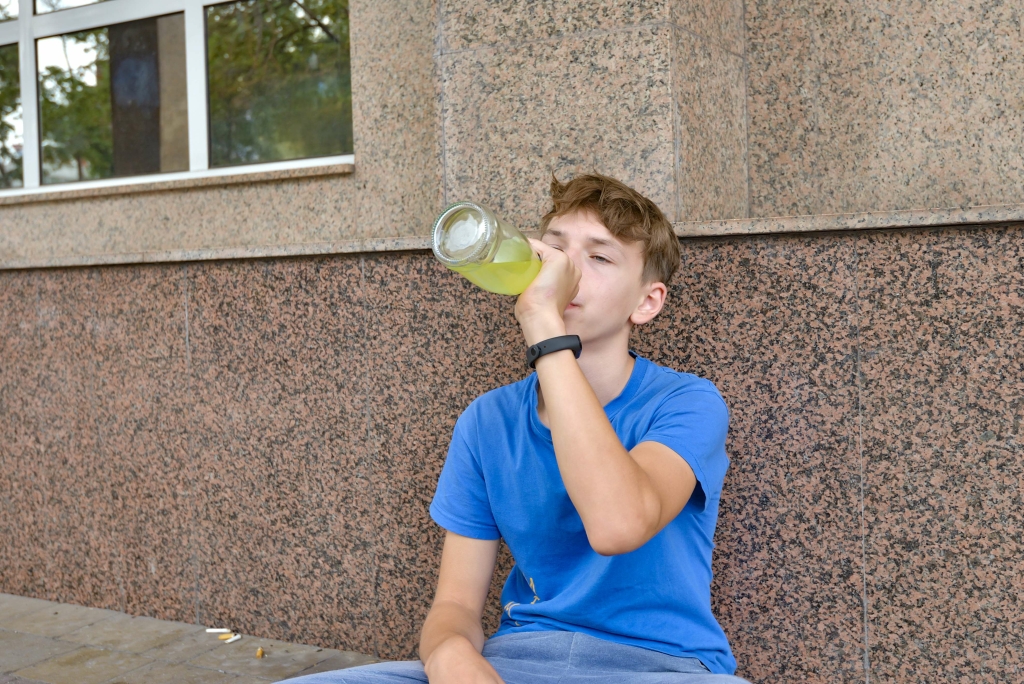Integrity, self-confidence, and self-esteem grow, laying the foundation for a more positive identity. It is now well known that the repetition of rewarding behaviors produces changes in brain function and structure that facilitate habits and, for some, sustained compulsivity and addiction. Like other complex illnesses and disorders, addiction is multifactorial, resulting from a combination of genetic, social, psychological, and environmental forces. Because addiction can affect so many aspects of a person’s life, treatment should address the needs of the whole person to be successful. Counselors may select from a menu of services that meet the specific medical, mental, social, occupational, family, and legal needs of their patients to help in their recovery. Stopping drug use is just one part of a long and complex recovery process.

Holistic Approach to Relapse Prevention
Many people who are struggling with alcohol use disorder are fearful of going to a treatment facility to… Discover how to stop caffeine addiction with effective strategies, withdrawal tips, and healthy alternatives. Discover proven ways to beat boredom in addiction recovery through https://dailywealthy.com/avitamin-deficiency-signs-and-treatment.html hobbies, community, and new skills. Recognize delirium tremens symptoms, understand treatment options, and learn prevention strategies.
Twin Falls Outpatient Drug & Alcohol Treatment

Recovery community centers have emerged around the country, and through the employment linkages they offer, they can facilitate future orientation and new enthusiasm for life. In the first stage, precontemplation, substance users are largely unaware that their alcohol or drug use is causing problems. But to others around them, it may be very clear that substance use is costing more https://www.ukad.org/SouthAfricanRugby/south-africa-wales-rugby than just money. Over time, substance users move into a contemplation stage and begin to consider the possibility that use has some negative consequences.

Addiction Recovery & Aftercare: Programs, Activities & Support Groups
- By using these suggestions, people could find some online addiction recovery support groups where they can get the understanding, motivation, and guidance that they need to pursue effective sobriety for life.
- This can mean practicing mindfulness, engaging in physical activity, or developing new hobbies to occupy time and manage stress effectively.
- The good news is that there are a number of effective treatments for addiction, including self-help strategies, psychotherapy, medications, and rehabilitation programs, all of which are detailed in this report.
- While participating in the 12 steps of recovery can be beneficial for many people, consider the advantages and disadvantages of these programs before you decide if this approach is right for you.
An increasing number of high schools and colleges offer addiction recovery resources (CRPS, or Collegiate Recovery Programs) for students, including mentors, workshops, dedicated lounges, and group meetings and activities. Addiction doesn’t http://www.exploremyworldtravel.com/PortugalTravelGuide/portugal-accommodation-guide just affect individuals; addiction is a family affliction. The uncertainty of a person’s behavior tests family bonds, creates considerable shame, and give rise to great amounts of anxiety.
- There are coping strategies to be learned and skills to outwit cravings, and practicing them not only tames the impulse to resume substance use but also gives people pride and a positive new identity that hastens recovery.
- We believe that anyone is capable of lasting change, as celebrated in our More Than My Past and Taking Action on Addiction campaigns.
- As previously mentioned, some aftercare plans include stepping down to another level of care, such as a PHP, IOP, or standard outpatient care.
- Alcohol addiction is not considered curable, but it can be effectively managed through various treatment strategies.
- • Therapy also addresses the co-occurring mental disorders, such as depression and anxiety, that are a common accompaniment to addiction.
- Studies document strong correlations between chronic boredom and compulsive social media use.
- Achieving professional goals fosters a sense of accomplishment and builds self-esteem, which can be particularly empowering during recovery.
